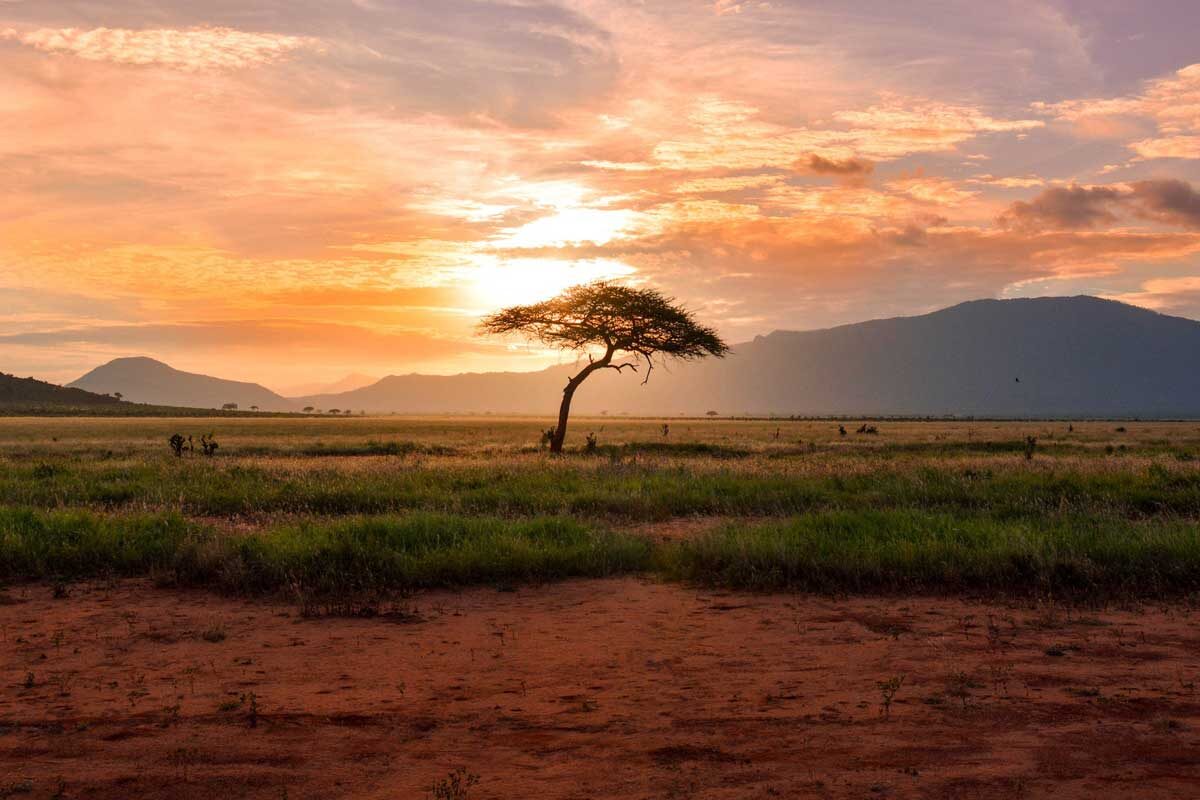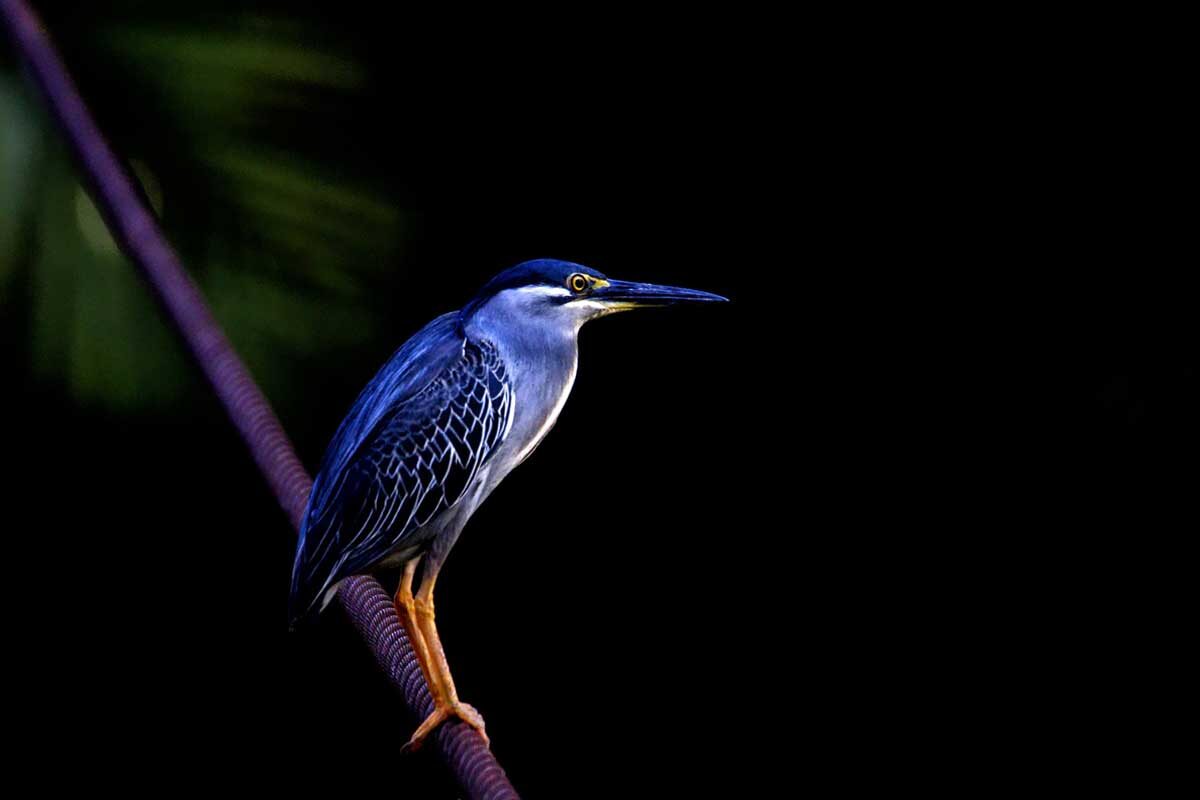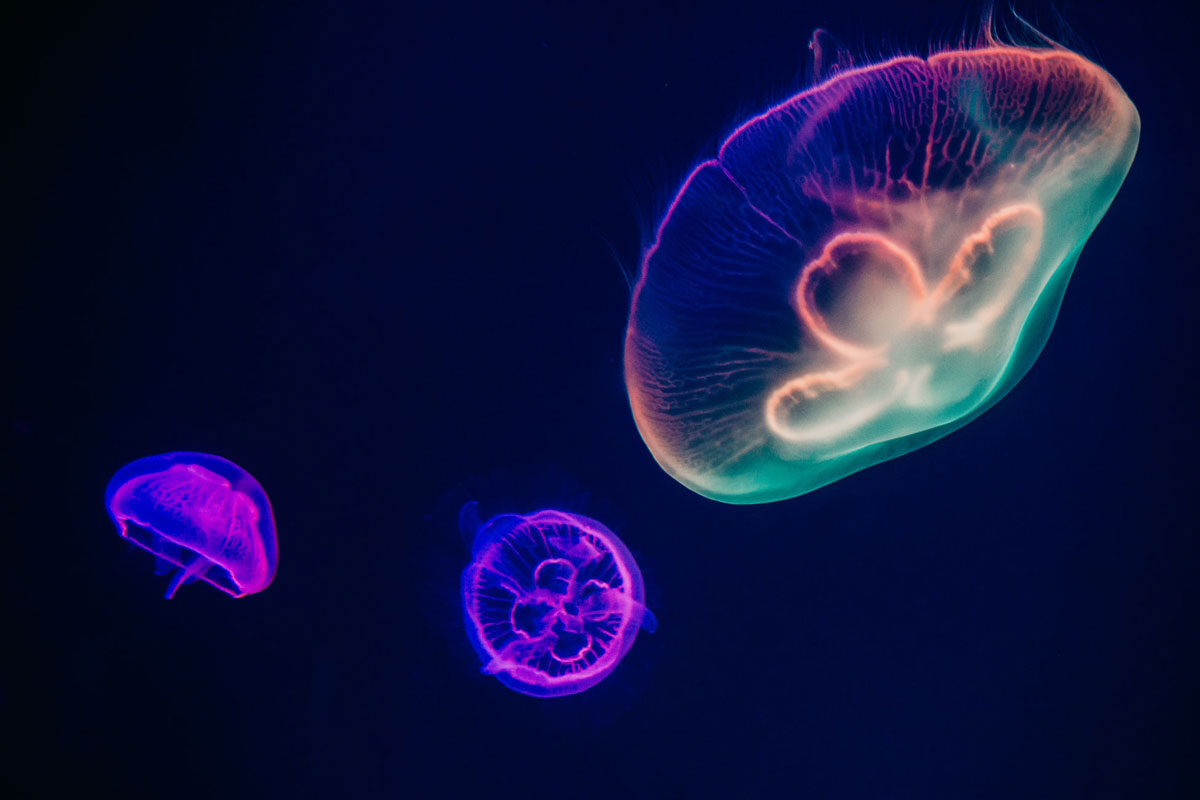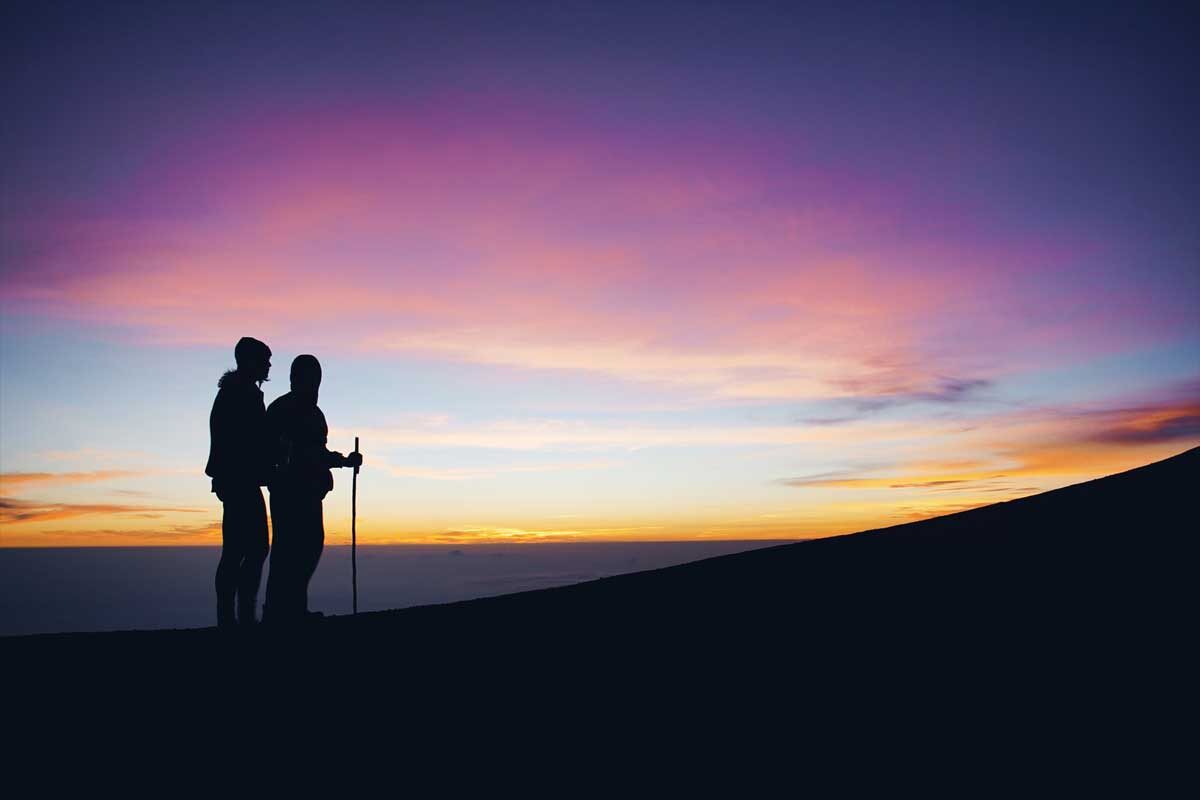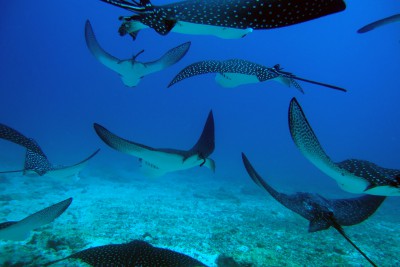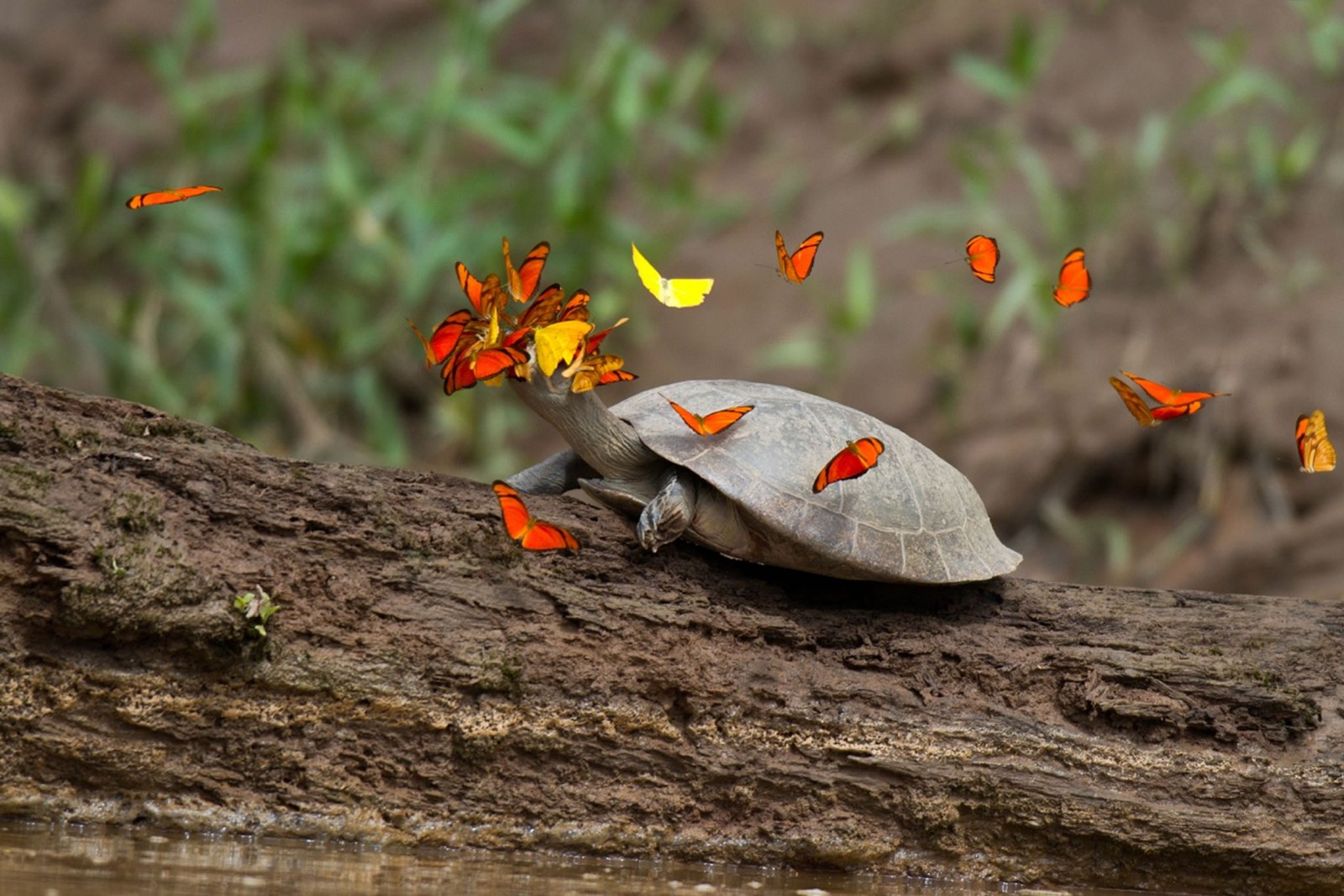
The Wilds of Peru Off the Beaten Track
Tour Introduction
Sign up for this tailor-made tour if you want to avoid the crowds yet still see some extra special Peruvian wildlife. Sightings of the rare spectacled bear – on which Michael Bond’s beloved Paddington was based – are common when you visit Chaparri Ecolodge in the dry forests of northern Peru.
Combine it with the mysterious Inca citadel of Machu Picchu and sightings of the bizarre Andean cock-of-the-rock, huge giant otters, multifarious primates and abundant birdlife of the Manu rainforest to create an exciting tour that is as irresistible as a jar of home-made marmalade.
Full Itinerary
Early morning arrival in Lima and connect with flight to Cusco. Met on arrival and transfer to hotel.
Staying at Casa Andina Standard Cusco Plaza. Includes No Meals.
Day trip to Machu Picchu. The famous lost city of the Incas is one of the most evocative places in Peru. Your guide will tell you the story of the rise and fall of the ancient civilizations of the Andes, the tragic end of the Incas, and the unresolved mystery that the lost city poses.
Staying at Casa Andina Standard Cusco Plaza. Includes Breakfast.
Transfer overland from Cusco to the cloud forests of the eastern Andean slopes. Passing Quechua communities and breathtaking snowcapped peaks, you leave the high altitudes of Cusco and enter the moist, orchid-rich cloud forests of Manu. A walk around the lodge in the afternoon will offer chances to see some of the diverse birdlife of the region.
Staying at Cock of the Rock Lodge. Includes All Meals.
Dawn excursion to an Andean cock-of-the-rock display ground (lek). Then transfer by road to Atalaya and board a boat on the Alto Madre de Dios River. After arriving at the Manu Learning Centre there will be time for an afternoon walk through the rich forest to look for wildlife.
Staying at Manu Learning Centre. Includes All Meals.
Morning visit to the macaw clay lick to watch several large species of macaw and parrot (including the lovely, endangered blue-headed macaw) coming to ingest clays on the riverbank. Transfer later in the day by boat to the lowland Manu forests. The trip will offer chances to see a variety of wildlife on the banks of the river and the exposed beaches.
Staying at Manu Learning Centre. Includes All Meals.
Hike the trail to Cocha Limonal oxbow lake which is particularly good for sightings of black spider monkeys. After lunch, transfer by boat up the Manu River to a tented camp, spotting wildlife en route. Nesting birds and feeding herons, egrets, black skimmers and terns about on the exposed beaches, and jaguar sightings along the Manu River have been increasing over the last few years.
Staying at Manu Tented Camp. Includes All Meals.
Explore Cocha Salvador and Cocha Otorongo oxbow lakes looking for wildlife such as large families of giant otters, dazzling agami herons and a number of primate species including the black spider monkey.
Staying at Manu Tented Camp. Includes All Meals.
Travel downstream to the Manu Wildlife Centre on the banks of the Madre de Dios River. Although not officially within Manu National Park, this region is incredibly rich in biodiversity with good chances to see some 12 species of primate as well as a bird list of close to 600 species. Arrive in time for lunch and an afternoon excursion to begin exploring one of the numerous rainforest trails, or perhaps climb the canopy tower.
Staying at Manu Wildlife Centre. Includes Breakfast.
A full day to explore the surrounding pristine rainforest. This includes a visit to the Blanquillo macaw clay lick which is visited by red and green macaws as well as many of the smaller parrots; an oxbow lake where giant otters, hoatzins, macaws and caiman can be seen; and rainforest hikes where more fauna will be revealed. Look out for the moustachioed emperor tamarin, Goeldi’s monkeys and monk saki. In the evening, hike deep into the rainforest to the world’s largest known clay lick to watch South America’s largest land mammal from the comfort of a hide.
Staying at Manu Wildlife Centre. Includes All Meals.
Another day to explore the many trails surrounding the lodge.
Staying at Manu Wildlife Centre. Includes All Meals.
Transfer by boat and road to Puerto Maldonado and fly in the late afternoon to Lima. Connect with flight to Chiclayo. Met on arrival and transfer to hotel.
Staying at Casa Andina Select. Includes Breakfast.
Transfer to Chaparri. Guided excursions within the private reserve. The habitat here is Tumbesian dry forest and it supports a distinct community of flora and fauna including a remarkable 50 endemic bird species. There is a rescue centre for spectacled bears here, and frequent sightings of wild bears are also made. See sechuran foxes and collared peccaries, and visit a natural pool where hummingbirds bathe at close range in the mornings, giving wonderful photo opportunities.
Staying at Chaparri Ecolodge. Includes All Meals.
A full day of guided exploration of the trails to enjoy the wildlife, landscapes and tranquility of this interesting and unique Tumbesian environment.
Staying at Chaparri Ecolodge. Includes All Meals.
Transfer to Chiclayo and fly to Lima. Connect with your international flight home.
Includes Breakfast.
Tour Accommodation
Overview
Just one block from Cusco’s main square, the 38-room Casa Andina Classic Cusco Plaza is conveniently located to explore the restaurants, bars and shops of central Cusco, as well as the principal tourist sites including Koricancha and the Cathedral.
The comfortable rooms have a queen or two twin beds, heating, cable TV, direct dial phone and a safety deposit box. There are lovely views to the Plaza de Armas from the small restaurant (breakfast only, but lunch and dinner can be served on request) and some rooms have views over the Regocijo Square.
Swimming Pool
Air Conditioning
Rooms
Facilities
Breakfast room (lunch and dinner on request), extra oxygen is available in reception, free high speed Wi-Fi throughout hotel, small business centre, lounge with fireplace, lift, ATM, laundry service.
Optional Activities
The central position in Cusco is ideal for tours of the city or for visiting Inca ruin sites and the beautiful scenery that surrounds the city.
Overview
Cock of the Rock Lodge is located at an altitude of almost 1,600 metres in the forested eastern slopes of the Andes within a private 12,500-hectare cloud forest reserve.
The lodge has fairly basic rooms with no electricity, but the bathrooms are en suite, there is plenty of hot water for showers and excellent home cooked food. The gardens are laid out with flowering plants and fruit trees attracting a large number of birds and animals to the lodge and adjacent to the property is one of the region’s largest cock-of-the-rock display grounds.
The journey to the Cock of the Rock Lodge is spectacular, crossing two high Andean passes with wildlife highlights including the puna teal, Andean duck and puna ibis. After reaching the southernmost tip of Manu National park where on a clear day the magnificent lowland Amazon can be seen stretching for miles below, the road plunges downward through elfin forest and then extensive cloud forest. This is a kingdom of mosses, lichens, orchids, bromeliads and ferns, which in some cases grow up to 33 feet per year.
Wildlife includes capuchin and woolly monkeys, spectacled bears (though rarely seen), a display ground of the Andean cock-of-the- rock, and other birds such as the emerald toucanet, torrent duck, golden-headed quetzal, grey-breasted mountain-toucan, Amazonian umbrellabird, blue-banded toucanet, fruit-eating tanagers, red-crested cotinga, banded-tail fruit-eater, tyrant flycatchers and the blue-crowned mot-mot.
Swimming Pool
Air Conditioning
Rooms
Facilities
Large dining room/bar/lounge. No electricity but generator available to recharge batteries.
Local Wildlife
Capuchin and woolly monkeys are seen frequently; many other mammals are present, including spectacled bears, but are rarely seen. There is a large cock-of-the-rock display ground (lek); excellent birding including torrent duck, Amazonian umbrellabird and emerald toucanet.
Optional Activities
Visit to the cock-of-the-rock display ground, cloud forest hikes and birding.
Overview
The Manu Learning Centre is part of the CREES non-profit sustainability project that aims to educate overseas visitors and volunteers about the importance of the Amazon rainforest and to act as a base for scientific research. The organisation is also committed to supporting the local communities of the Manu region with sustainable development.
The Rainforest Alliance-certified lodge was built in harmony with the natural environment in order to have as little impact as possible.
There are six separate ensuite thatched guest chalets, each containing two single beds and hot water shower. The rooms have open walls but there are mosquito nets over the beds.
The main building has a dining and relaxation area with comfortable sofas and hammocks, a natural history library and a solar powered internet system. The lodge often has scientists or volunteers in residence and there is the chance to participate in some of their activities.
There are trails through an assortment of forest types including bamboo, terra firme and flooded varzea. There is an active macaw clay lick close to the lodge along the main river where the rare blue-faced macaw is often seen. It takes about 8 –10 hours to reach the lodge from Cusco.
Swimming Pool
Air Conditioning
Rooms
Facilities
Ensuite rooms with hot water showers. Dining room and lounge area with sofas, hammocks and a library. There is free Wi-Fi available in the communal areas.
Local Wildlife
Macaws, toucans, raptors, and over 500 other species of bird are possible to see. One of the highlights of this lodge is the clay lick that attracts the rare blue-faced macaws. The lick is one of the best places to see this enigmatic species. 12 species of primate occur in the forests and sightings of many are reliable such as capuchin, squirrel and howler monkeys.
Optional Activities
Boat trips along the river and visits to the macaw clay lick. Walking trails through different forest habitats. Activities with the resident researchers and volunteers, which could include biodiversity and species-specific surveys, or sustainable construction projects in local communities.
Overview
Manu Tented Camp lies just across the Manu River from the largest and most beautiful of Manu’s lakes.
It features spacious double occupancy, spacious tents with hinged doors and wooden floors. Each tent is fully screened, with a floor raised on wooden stilts to provide maximum ventilation, coolness and protection from flooding and insects. Each of the extra-long twin beds has a mosquito net, and a palm thatch roof completes the structure.
Manu Tented Camp also features an elevated, screened dining room with a wooden floor and a separate complex of shared hot-water showers and flush toilets. This is the most basic accommodation in the Manu Reserve but is located in one of the most important wildlife hotspots where there are frequent sightings of primates, giant otters and even jaguars. Staying there provides a visitor with a very raw and memorable rainforest experience.
Swimming Pool
Air Conditioning
Rooms
Facilities
The tented camp is basic due to its remote location, but has private walk-in tents, shared camp toilets and hot water showers. All the beds have mosquito nets.
Local Wildlife
Explore Cocha Salvador (a cocha is an oxbow lake) where excursions by boat often involve sightings of giant otter, black caiman, various macaws and parrots, and sometimes tapir and jaguar. All of 13 monkey species are found in the surrounding forest and sightings of up to 9 of these species are common.
Overview
Manu Wildlife Centre is a 44-bed lodge located on the Madre de Dios River only 90 minutes by motorized dugout canoe from Boca Manu village, at the confluence of the Manu and Alto Madre de Dios Rivers. It is owned by a Manu expedition company and the Peru Verde Conservation Group, a non-profit NGO involved in rainforest conservation projects.
Manu Wildlife Centre consists of 22 double bungalows built in the style of, and using the same materials as, the local Machiguenga indigenous communities. Local wood, bamboo and palm fronds for roofing are used. All materials used have been sustainably harvested or brought in from distant areas.
Each bungalow has good quality foam mattresses and all beds have cotton sheets and duvets (best for hot tropical conditions). As well as all the rooms being screened, beds are furnished with individual mosquito nets. Furniture includes bedside tables and writing tables. The bungalows are arranged around an Amazonian garden with plants and shrubs that attract birds, butterflies and mammals. All bungalows are private and separated from each other and all have large, curtained windows facing the forest and garden. All the bungalows have private flush toilets and shower facilities with hot water.
There is a large communal building containing a dining area, lounge and hammocks for relaxing. Food is good and wholesome, not gourmet, and uses a variety of fresh vegetables, fruits, grains and meats in the menu. The centre does not have any electricity, but a generator is available to recharge camera and camcorder batteries.
Manu Wildlife Centre is located in an area of forest that has some of the highest diversity of microhabitats in the Manu area. Tierra-firme, transitional floodplain, varzea and bamboo forest is found close to the lodge plus pioneering willow and cane stands on beaches and river islands, resulting in some of the highest biodiversity in the Manu area. More than 580 species of birds have been recorded in the area between Boca Manu and the lodge, and in the surrounding rainforest.
The Blanquillo macaw and parrot clay lick is only 25 minutes away by river and, from a hide, up to 200 red and green macaws and many hundreds of their smaller relatives come to eat clay, essential to their digestion. There are two oxbow lakes in the area with floating platforms for wildlife observation: two families of endangered giant otters inhabit these lakes and small streams. About an hour’s walk through the forest from Manu Wildlife Centre is a large mammal lick where tapirs, the largest South American land mammal, regularly come to ingest minerals. There is a large hide here, outfitted with mattresses and mosquito nets for those who want to spend the night in comfort observing these nocturnal creatures. During the day, several species of small forest parakeets and parrots as well as guans, curassows, peccaries and red howler monkeys visit the lick. There are 10 species of monkeys present in the forests; some are frequently spotted whilst hiking the trails such as the common squirrel monkey, emperor tamarin, black spider monkey and monk saki.
Canopy access is easy, with two canopy platforms (30 metres and 40 metres in height) in large canopy-emergent trees accessed by metal stairways.
Swimming Pool
Air Conditioning
Rooms
Facilities
Twin/double en suite bungalows with hot showers, large communal structure with dining area, lounge and hammocks.
Local Wildlife
There is an impressive Macaw and parrot clay lick, a large bird list (584+ species have been recorded in the area), 10 species of monkeys including emperor tamarin and monk saki, the world's largest known tapir clay click, and two oxbow lakes with giant otters.
Optional Activities
Excursions by boat along the river to visit the Blanquillo macaw clay lick, and Blanco and Camungo oxbow lakes.
Overview
The Casa Andina Select Chiclayo Hotel (formerly the Gran Hotel Chiclayo) is conveniently located close to downtown Chiclayo. It offers comfortable, modern, soundproof and well-equipped rooms.
The restaurant serves good regional food and a hearty breakfast buffet.
Swimming Pool
Air Conditioning
Rooms
Facilities
24-hour reception desk, restaurant, bar, ATM, free Wi-Fi, computer room, room service, currency exchange, laundry service, massage service, gym and outdoor pool.
Overview
Chaparri Ecolodge is located in the 36,412-hectare Chaparri Private Conservation Area in the dry forests of northern Peru, about 45 miles from the city of Chiclayo.
Chaparri Conservation Area was established in 2000 by the local community of Santa Catalina de Chongoyape to protect their natural resources and provide a sustainable source of income.
The reserve supports 214 bird species, 21 mammals and 20 reptiles and amphibians with excellent wildlife viewing opportunities for spotting wild spectacled bears. The list of wildlife further includes sechuran fox, pampas cat, king vulture, 50 Tumbesian endemic bird species and, though harder to see, Andean condor, guanaco and very occasional sightings of puma.
Guests can explore a system of three main trails varying in length from 800 metres to five miles accompanied by a local guide; other trails are available for keen walkers. The trails pass through a variety of habitats providing excellent wildlife and birding opportunities.
The Spectacled Bear Rescue Centre is located close to the lodge and houses bears rescued from illegal captivity in large, semi-wild enclosures. The centre also receives other rescued animals which in the past have included ocelot, Andean condor, king vulture and military macaw.
Guests can also visit a herpetarium containing several species of snakes from the area, built to educate the local population about snakes and the importance of their conservation.
Swimming Pool
Air Conditioning
Rooms
Facilities
Open air dining room, communal area with hammocks for relaxing, and a natural swimming pool.
Local Wildlife
Chaparri is the best place in Peru to track wild spectacled bears and September is the best month for sightings. Sechuran foxes are regular visitors to the lodge at night, and Peruvian white-tailed deer, collared peccaries and Guayaquil squirrels are often seen on the trails. There is also a chance of pampas cat and northern tamandua, and the endemic ortoni boa constrictor is often seen too. Dozens of hummingbirds bathe in the stream most mornings, and king vultures and 50 Tumbesian endemic bird species can be spotted.
Optional Activities
Day treks along trails through the reserve, visits to the wildlife rehabilitation centre.
Route Map
Departure Dates
Travel Information
Are International Flights Included?
No. Please contact us for a quote if required.
Flight Info:
Fly from London to Lima direct on Latam, or on Iberia via Madrid, Air France via Paris, KLM via Amsterdam, or Avianca via Bogota. Flights are also available via the USA.
Best Visited:
January to January
Are you ATOL Registered?
Yes. This means we are legally able to book your international flights in conjunction with your ground arrangements so you can book with us with complete confidence. Read more about our ATOL license here.

John Melton
Area Specialist
Visit Chaparri during September for the best chances to watch wild spectacled bears feeding in the fruiting trees.
If you have any questions regarding this Tour, please feel free to contact me on +44 (0)1803 866965
Two jaguars in a day! Giant otter baby. Six species of primate and over 75 species of bird.
We had amazing sightings of wildlife at Manu Wildlife Centre and in Manu National Park from the boat.
We had an amazing time and loved all aspects of the tour, the local people, food and wildlife. We wish we had longer and would recommend doing Lima first to get over the travel (jet lag and altitude, but we appreciate that had to happen with tour length. We were really surprised at the lack of tourists – we were the only people at Romero and Manu Wildlife Centre and it is concerning to hear how quiet these places are since covid. We would recommend Peru to anyone wanting to see wildlife and culture!
Two weeks before [the winter solstice in June] they celebrate in Cuzco every day, with parades, music and dancing. We loved seeing all these celebrations and would definitely recommend this time of year to visit.
